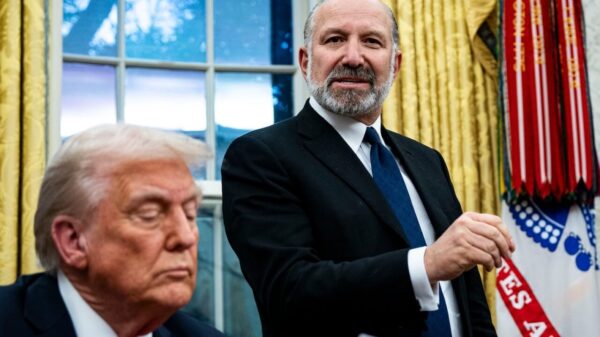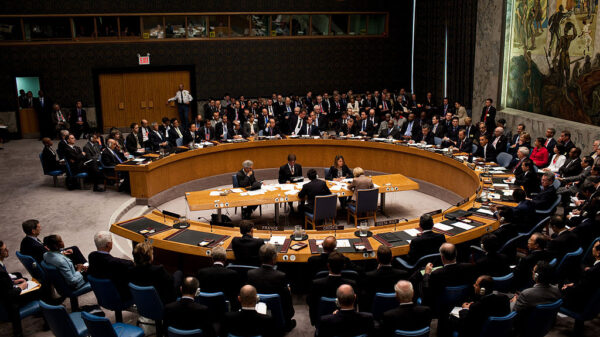In a significant move to bolster domestic production, former President Donald Trump signed multiple agreements in August 2023 aimed at enhancing the United States’ rare earth mineral supply chain. This initiative targets a reduction in reliance on China, which currently dominates the global market for these critical materials. However, experts indicate that the agreements may not substantially disrupt China’s market control.
Rare earth minerals are essential for a variety of advanced technologies, including electronics, renewable energy systems, and military applications. These minerals, although termed “rare,” are crucial for the production of items like smartphones and electric vehicle batteries. The Department of Defense has expressed concerns over the US’s dependence on foreign sources, particularly given China’s significant influence over the supply chain.
Details of the Agreements
The agreements signed by Trump involve partnerships with several unnamed Asian countries, although specifics regarding these nations and the terms of the deals remain unclear. Analysts suggest that without detailed commitments and concrete plans for production expansion, these agreements might not lead to a meaningful shift in the current market dynamics.
China currently produces approximately 60% of the world’s rare earth metals, a strategic advantage that has raised alarms in Washington. Industry professionals emphasize that while the agreements may be a step in the right direction, they lack the comprehensive strategy required to significantly challenge China’s longstanding dominance in the sector.
Market Implications and Future Outlook
The effectiveness of these agreements hinges on the ability of the United States to ramp up its own rare earth production capabilities. Currently, US production is minimal, accounting for less than 10% of global supply. This limited output raises questions about the sustainability of the agreements and their potential impact on the market.
Furthermore, geopolitical tensions with China complicate the situation. Any move to reduce dependence could provoke retaliatory measures from Beijing, potentially impacting other sectors of trade. Experts maintain that a more robust approach is necessary, including investment in domestic mining and refining processes.
As the global demand for rare earth minerals continues to rise, the stakes are high. Countries that can secure reliable and sustainable sources will likely gain a competitive edge in technology and defense sectors. The agreements signed by Trump represent an initial effort, but much work remains to be done to ensure that the United States can effectively navigate the complexities of this vital industry.
In conclusion, while the agreements mark a noteworthy attempt to address supply chain vulnerabilities, their actual impact on diminishing China’s dominance in the rare earth market remains uncertain. Without a clear and detailed framework for implementation, the path toward a more independent US supply chain appears challenging.



































































